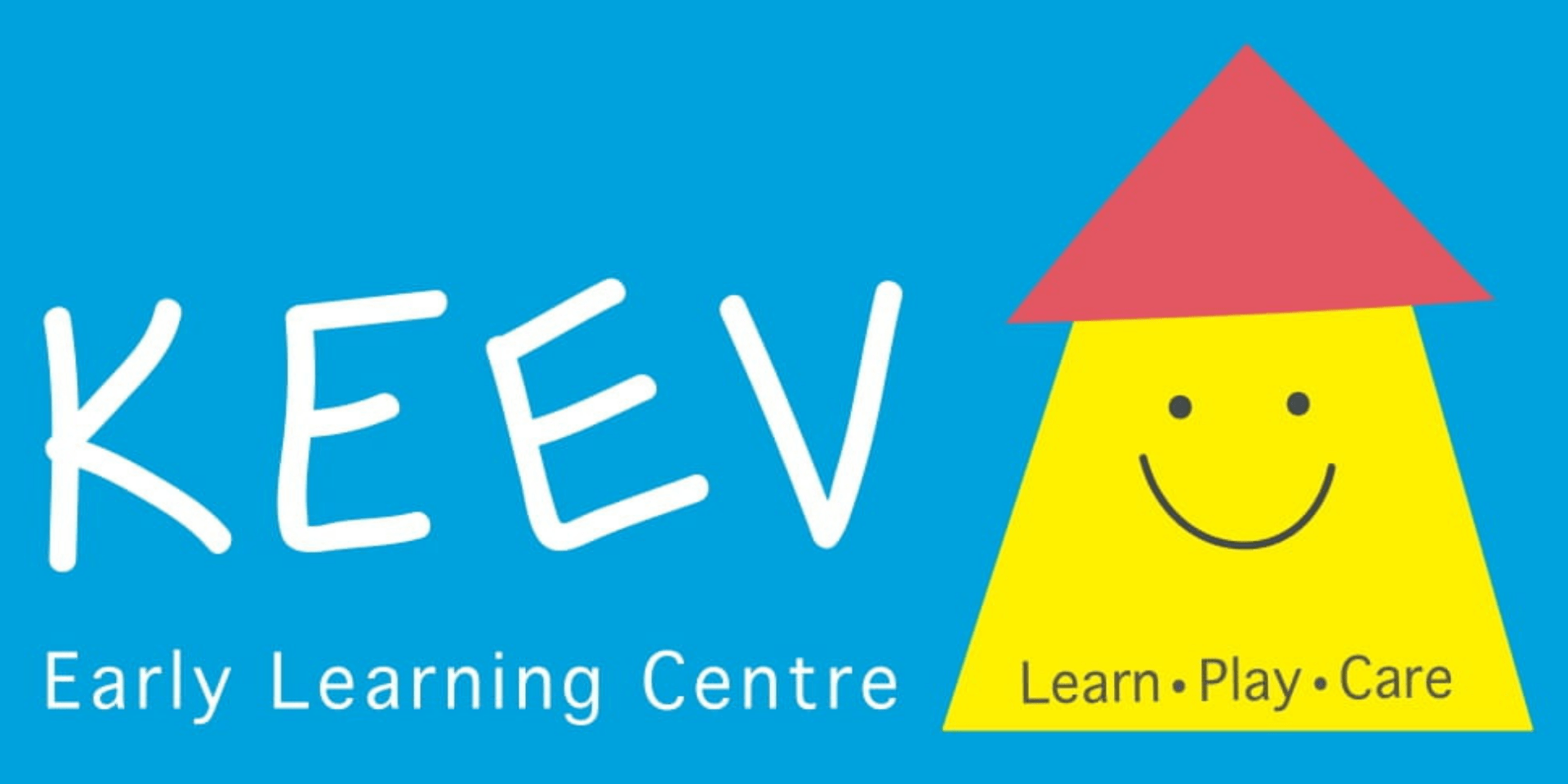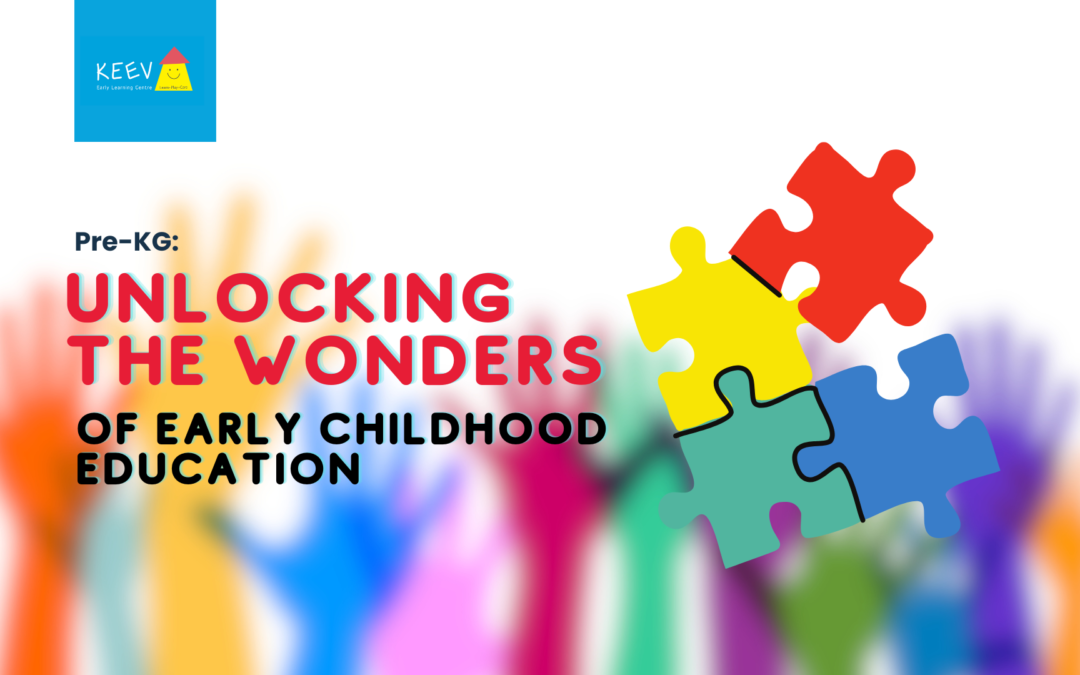Pre-KG, also known as Pre-Kindergarten, is a crucial stage in a child’s educational journey. It is a time of exploration, discovery, and building a strong foundation for future learning. Pre-KG programs are designed to cater to the unique needs of children aged 3 to 4 years, providing a nurturing environment that fosters their holistic development. In this blog, we will delve into the importance of Pre-KG education and highlight the key aspects that make it a valuable stepping stone in a child’s educational and personal growth.
Holistic Development:
Pre-KG focuses on nurturing the holistic development of children, encompassing their cognitive, social, emotional, and physical growth. Through a variety of age-appropriate activities, play-based learning, and interactive experiences, children are encouraged to explore their natural curiosity, develop critical thinking skills, and enhance their creativity. Pre-KG programs lay the foundation for a lifelong love of learning, as children engage in hands-on activities that spark their imaginations and stimulate their cognitive abilities.
Social and Emotional Skills:
Pre-KG provides a supportive and inclusive environment for children to develop their social and emotional skills. They learn to interact with peers, share, take turns, and cooperate through group activities and play. Pre-KG teachers guide children in managing their emotions, expressing themselves effectively, and developing empathy and kindness toward others. These early experiences in social and emotional learning create a solid foundation for building positive relationships and adapting to future educational settings.
Language and Communication:
Language and communication skills form a significant component of Pre-KG education. Children at this stage are introduced to pre-literacy activities, storytelling, and vocabulary development. They engage in conversation, listening exercises, and phonemic awareness activities to enhance their language skills. Pre-KG programs also emphasize the importance of early literacy skills such as letter recognition, phonics, and pre-reading strategies, setting the stage for future reading and writing success.
Fine and Gross Motor Skills:
Pre-KG provides ample opportunities for children to develop their fine and gross motor skills. Through activities like cutting, coloring, threading beads, and building with blocks, children refine their hand-eye coordination, dexterity, and muscle control. Outdoor play, games, and movement activities contribute to the development of gross motor skills, balance, and spatial awareness. These physical experiences help children gain confidence in their abilities and lay the groundwork for future physical activities and sports.
Creativity and Imagination:
Pre-KG programs recognize the importance of nurturing children’s creativity and imagination. Artistic activities such as painting, drawing, and sculpting allow children to express themselves, experiment with colors and textures, and develop their fine motor skills. Pretend play, dramatic play, and storytelling activities encourage children to engage their imaginations, problem-solve, and explore different roles and perspectives. Pre-KG celebrates the unique creativity of each child and encourages them to think outside the box.
Cognitive Skills:
Pre-KG education focuses on developing cognitive skills that lay the foundation for academic success. Children are introduced to basic numeracy concepts, such as counting, sorting, and recognizing shapes and colors. They engage in hands-on math activities that promote problem-solving, reasoning, and logical thinking. Pre-KG also emphasizes cognitive development through science experiments, sensory play, and exploration of the natural world, igniting children’s curiosity and encouraging a love for learning about the environment and how things work.
Independence and Self-confidence:
Pre-KG programs empower children to become independent learners and confident individuals. Daily routines, classroom responsibilities, and age-appropriate tasks encourage children to take ownership of their actions, develop self-help skills, and make decisions. Pre-KG teachers provide a nurturing environment that promotes a sense of belonging, acceptance, and support, allowing children to gain the confidence needed to navigate new challenges and future educational environments.
Conclusion:
Pre-KG education plays a pivotal role in laying the foundation for a child’s educational journey. Through a holistic approach that emphasizes social-emotional development, language, and communication skills, fine and gross motor skills, creativity, cognitive development, and fostering independence, Pre-KG programs provide a solid basis for future academic success. The experiences and skills acquired during the Pre-KG years set the stage for a lifetime of learning, discovery, and personal growth.

